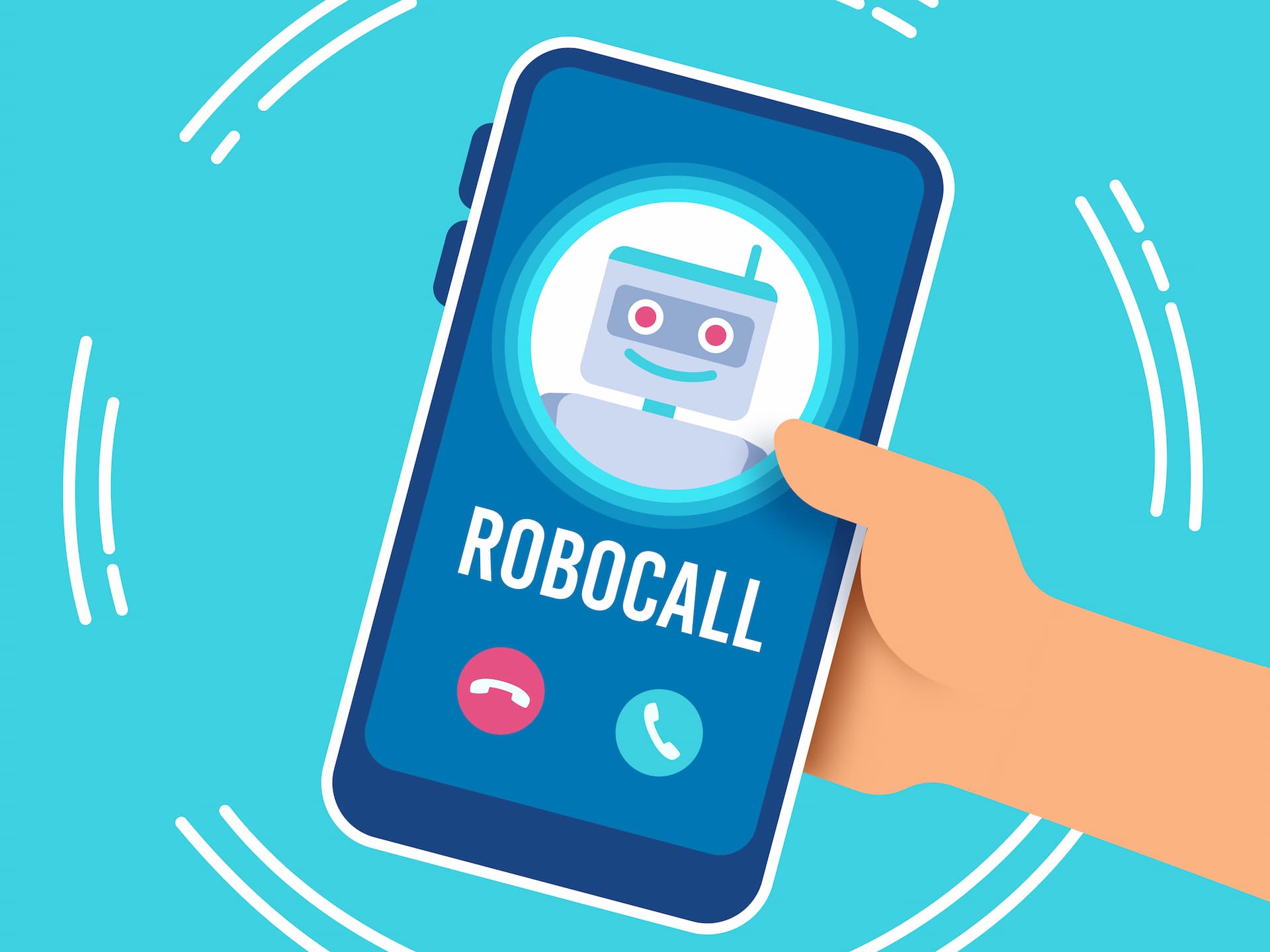The FCC has taken a significant step in its fight against robocalls by classifying AI generated voice calls as “artificial,” making them illegal for use in automated calling scams.

This declaration adds a new weapon to the FCC’s arsenal in combating the ongoing issue of robocalls inundating our phones.
While it may not completely stop the inflow of fake Joe Biden during election seasons, it serves as a deterrent and contributes to reducing fraudulent calls.
The decision follows months of contemplation and was signaled last week, although it doesn’t introduce a completely new rule.
Due process is crucial, and the FCC cannot simply invent rules without proper consideration and legal procedures. Robocalls, although a modern term, essentially refer to practices already prohibited under the Telephone Consumer Protection Act.
The Act aims to curb the widespread distribution of artificial and pre-recorded messages indiscriminately sent to numerous phone numbers, a problem that existed even when the legislation was drafted.
The question at hand revolves around determining if an AI-cloned voice delivering a scripted message falls within certain prohibited categories.
It’s essential to understand that what may seem obvious to us isn’t necessarily apparent to the federal government, particularly due to intentional complexity and other factors.
The Federal Communications Commission (FCC) had to delve into this matter and seek expert insights to assess whether AI-generated voice calls should be prohibited.
Recent events, such as the bizarre case of a fake President Biden calling New Hampshire residents and advising them not to vote in the primary, likely prompted this inquiry.
Authorities are taking action against the questionable entities behind such deceptive operations, with attorneys general and the FCC leading the charge to set a deterrent example.
The call, even if done by a Biden impersonator or a manipulated recording, would still be illegal as a robocall, potentially constituting voter suppression.
There are no charges filed yet, but the call fits within existing definitions of illegality.
Legal cases, whether initiated by states or federal agencies, require evidence for adjudication.
Prior to today, using an AI voice clone of the president may have been questionable in some aspects, but not specifically in automated calls.
For example, an AI voice clone of your doctor reminding you of an upcoming appointment wouldn’t typically raise legal concerns, especially if you had opted into receiving such calls.
However, following recent events, the use of an AI-generated fake voice in a call could work against the defendant in the legal process.
Our finding will deter negative uses of AI and ensure that consumers are fully protected by the TCPA when they receive such calls. And it also makes clear that the TCPA does not allow for any carve out of technologies that purport to provide the equivalent of a live agent, thus preventing unscrupulous businesses from attempting to exploit any perceived ambiguity in our TCPA rules. Although voice cloning and other uses of AI on calls are still evolving, we have already seen their use in ways that can uniquely harm consumers and those whose voice is cloned. Voice cloning can convince a called party that a trusted person, or someone they care about such as a family member, wants or needs them to take some action that they would not otherwise take. Requiring consent for such calls arms consumers with the right not to receive such calls or, if they do, the knowledge that they should be cautious about them.
Imprtant Note From The Ruling
Legal concepts can be flexible and adaptable, as seen in the case of the FCC adjusting definitions, but changes aren’t arbitrary and involve a process due to existing barriers.
The FCC, as the expert agency in regulatory matters, has the authority to research and decide on these adjustments without needing approval from Congress or the president.
However, this authority is at risk due to a pending Supreme Court decision that could overturn long-standing precedents, potentially causing regulatory agencies in the US to be paralyzed.
This outcome could be detrimental, especially for those concerned about issues like robocalls and environmental pollution.
If you receive an AI-powered robocall, it’s advisable to record it and report it to your local attorney general’s office.
Many attorney general offices are part of an anti-robocalling league established to coordinate efforts against such scams.
Related Stories:
